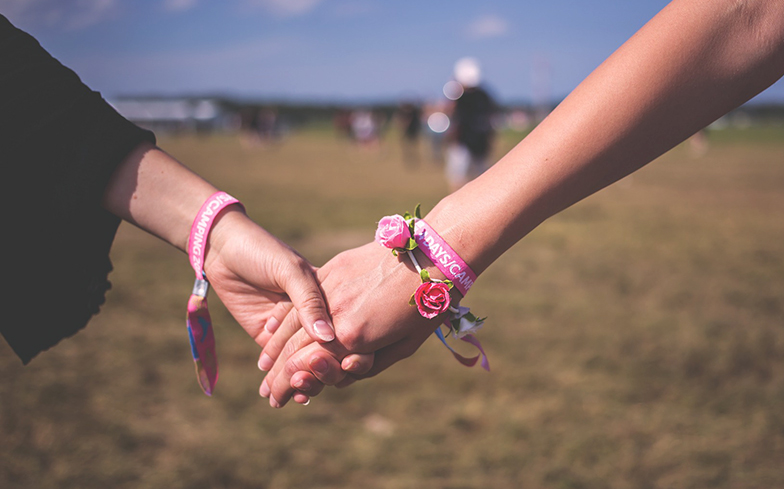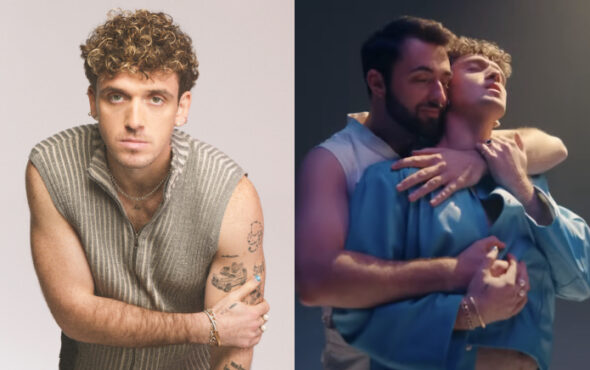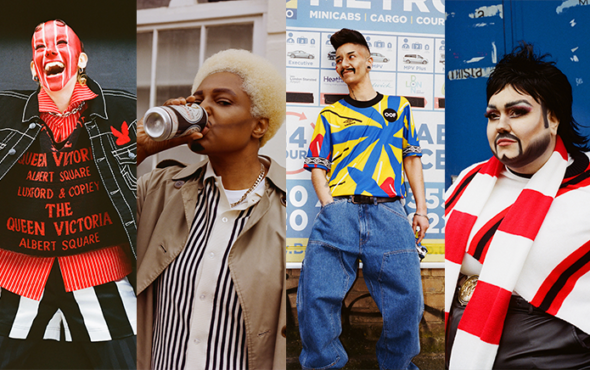
And for New Zealand men, the figure is one in twenty.
A new survey released by the Ministry of Health in New Zealand, titled the Sexual and reproductive health 2014/2015: New Zealand Health Survey, was the first national survey in the country’s history to look at the sexual and reproductive health of those living there.
Part of the survey, which was carried out over 2014/2015, and asked 10,168 people aged between 16 and 74, featured questions about same-sex attractions and same-sex experiences. The results, which were published earlier today (15 November), found that one in six women had experienced a form of same-sex attraction during their lives, while the figure was one in twenty for men.
When the survey asked about having a same-sex sexual partner, the figure remained the same for men, but lowered to one in fifteen for women.
When the figures were extrapolated for the population of New Zealand, it was estimated that 46,000 people identified as gay or lesbian, 72,000 people identified as bisexual, and a further 21,000 identified with a different sexual identity. Overall, gay men roughly made up 2.3% of the population, with lesbians making up 3.7%.
The survey also found that Māori women were more likely to have had a same-sex partner, than a non-Māori women.

Dr. Peter Saxton, the director of the Gay Man’s Sexual Health research group at the University of Auckland, said: “It offers the most comprehensive picture of contemporary adult sexuality to date.”
He also highlighted how the data could make things easier for the LGBTQ community, saying: “Using this wealth of data, we can estimate the size of the gay and bisexual community for public health campaigns like HIV prevention.
“We can monitor health inequalities experienced by gay and bisexual individuals.
“Counting a population is such a fundamental part of being recognised in public health and social service delivery. Now we have to help sexual orientation minorities become visible, come forward, be included and receive healthcare that’s appropriate to their needs.”
And noting how the results showed that the LGBTQ community existed within every age group, ethnicity and neighbourhood asked, he added: “This reinforces that people with a minority sexual orientation come from all walks of life in New Zealand, and we are present in all communities.”
Related: Gay politician in New Zealand goes viral after taking baby into Parliament



